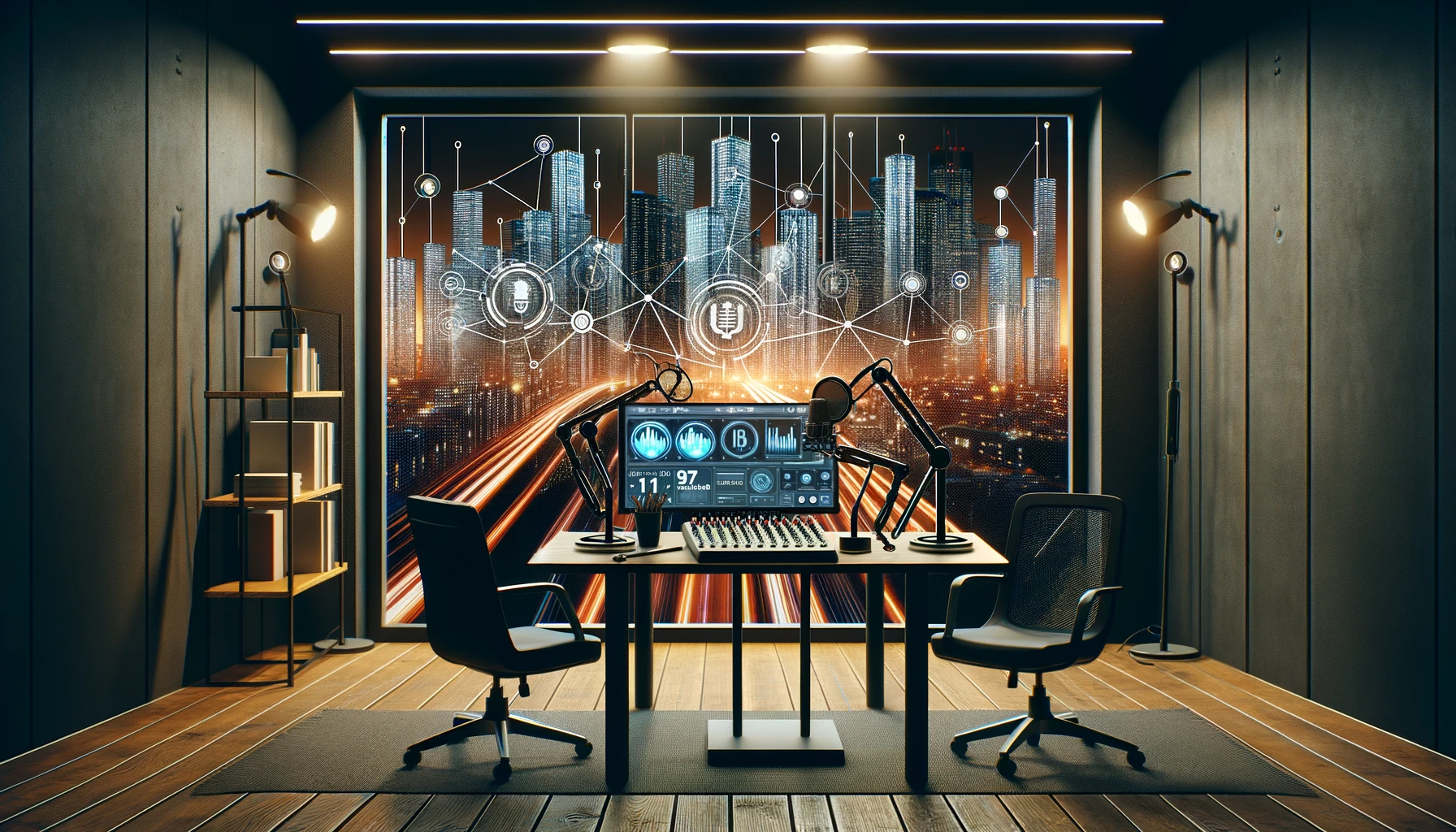
Energy One Podcast, Episode 1 - Smart Grids with Dr. Joshua Rhodes
Summary & Key Highlights
In this episode, Maryon speaks to Dr. Joshua Rhodes about the electrifying realm of smart grids and renewable energy. They talk about the future of energy consumption, the integration of AI in managing our power systems, and the evolving landscape of the industry.
Our Guest Today: Dr. Joshua Rhodes
Dr. Joshua Rhodes is a research scientist at the University of Texas at Austin. He studies energy systems; specifically the electricity sector and its interaction with other sectors like natural gas, water, or food. He's focused on the big picture of how energy systems power our lives and their potential changes for cleaner energy.
Book Recommendations
- “California Burning” by Katherine Blunt, for understanding climate impacts on infrastructure.
- “Superpower” by Russel Gold, for insights into the complexities of building renewable energy infrastructure.
Get in touch with Dr. Joshua Rhodes
- Twitter: @JoshDR83
- LinkedIn: Dr. Joshua Rhodes
Disclaimer: This podcast is for informational and educational purposes only, and does not imply suitability. The views and opinions expressed by the presenters are their own.
For any inquiries or comments, you can reach us as info@energy1podcast.com.
The Energy One Podcast is brought to you by Ladybug Energy. Get energy tips and advice at LadybugEnergy.com.
Interview with Dr. Rhodes about Smart Grids and Renewable Energy
Dr. Rhodes, thanks for joining us today. Why don't you tell us a little bit about yourself?
I am a research scientist at the University of Texas at Austin, where I study energy systems, specifically electricity sector and how it interacts with our other systems, like natural gas, water or food. I am a systems level engineer; I look at the big picture of how our energy systems interact with the things that power our life today and how they may change going forward.
It wasn't until later that you became interested in energy. Is that right? You started your studies in mathematics.
I did my undergrad in mathematics and my master's in computational mathematics. I've always loved the math, but I got more interested in the things that the math could do. I ended up switching over to engineering, to study kind of a more practical use for the mathematics. It was helpful that background because mathematics drives a lot of the decisions and things that are made, from the optimization models that we run to figure out how the grid should be operated, or how it should evolve, why certain technologies.
It comes down to statistics, right? To see what works, what needs to be done, how can we fix things?
Yeah, the fundamental equations of how a heat pump or an electric vehicle work. Basically, because at the end of the day no one really wants energy, we want the things that energy gives us, the energy services. Whether that's getting from point A to point B or take a shower. But underlying all of those systems are the math and statistics and understanding they can help us understand why going one direction might be better than the other.
Could you explain to us what exactly is a smart grid? How does it change the flow of energy in the industry, and how does it impact us?
To talk about smart grid, it's helpful to talk about what has now been termed as the "dumb grid", basically the grids that we started with. A grid is essentially the infrastructure that is moving around things like electricity, water or gas, or whatever it is moving it from, where it's either being produced or stored to where it's going to be consumed.
When people think of the electricity grid, they think about the wires running down the street to your house, the big transmission towers, the power plant that's making that electricity. In the past, these grids would essentially move one way: a good or service, like electricity would be generated at a power plant, it would be put onto the big wires, and then step down to the small wires that run to your home. In a dumb grid there was one way and there wasn't much information about what was happening on it. But it generally worked relatively well.
A smart grid is an information overlay to that system. We're not only moving the electricity, but we're also moving information about that electricity, and that information can go both ways. We can calculate the carbon intensity of electricity, we can move that along with the electricity in homes, a business could decide to not consume it if it's too high. Given the ability of information to move quite freely, we can also have information flow from the demand side back to the supply side.
It's not only just moving information about how the electricity is being produced, but sending price signals to those that are consuming electricity. They may want to reduce their electricity consumption, or they may automatically sign up for the grid to turn off their use during high carbon times or high price times. It allows a more efficient use of the resource. In the old paradigm supply was responding to demand, but now demand can also respond to supply, the smart grid allows that.
It closes the gap between the producer and the consumer. What are the main challenges that keep this technology from being applied on a larger scale?
Some of the main challenges are making sure that the data that the smart grid is producing are actionable and have the ability to actually utilize those data. It's a lot of data, millions of data points per year, some of it useful and some of it not. There are a lot of companies working in the data space, but we still have quite a long way to go in terms of being actionable.
One of the things we're seeing, instead of having all of that dataflow back to a central repository, is having more edge computing to make the decisions at the area where the data is being generated. Use artificial intelligence to make more data more actionable without having to move it around so much.
AI has been making a lot of waves this year. How do you think that AI will impact the energy industry?
Lot of industries are trying to figure out how artificial intelligence is going to impact them. One of the things that AI can do is to really help us make sense of the large amount of data that are being generated around our energy systems. And it's not just electricity, it can be water, gas, everything. When matching supply and demand in real time you have to make decisions in a matter of seconds, or even less.
Traditionally we've had more control over generation and we could turn the power plants up and down at will, but with things like distributed solar utility we rely on the meteorological conditions that drive those. Say we experience a drop off in generation: we need to make split second decisions on what parts of our economy or buildings are consuming electricity. We'll need to make those decisions very quickly. And I don't think we will necessarily have enough time to move that data around, so having the ability to make decisions at the edge of the network can be helpful. Artificial intelligence can help us determine which of those decisions have the biggest impact and maybe can, within their bounds, help us be more efficient in terms of how we use energy.
What do you think the future holds for us with the growing demand for energy?
In the US or large across the globe there are a lot of levels wanting to move to cleaner energy sources like solar. There's been also been a revival of nuclear and geothermal, those sources of energy that don't produce any carbon emissions when generating electricity, but also have an on and off switch, which can be helpful in terms of managing large levels of demand in systems where we have incorporated a lot of renewable energy.
We’re going to need a grid that is different than the one we built in the past which has been built for demand scenarios and climates of the last century. We're going to have to build this system for our new climate paradigm and new levels of demand, because we're not only, trying to increase generation from clean sources, we're trying to use electricity for more things, like transportation or building heat. And if we're trying to get off of fossil fuels, we're asking a lot more of the electricity sector on both the supply and the demand side. The grid is going to look completely different in the next 25 or 50 years than it has in the past.
Texas remembers very well the winter power losses of 2021, and even recently, we have the devastating Maui wildfires in Hawaii. What happened and what can we do to avoid something like this in the future?
I think a lot of these issues from fires in California and Hawaii to winter storms taking out large swaths of southern grids are just we built our infrastructure to exist in a certain climate, and that climate is changing.
We are demanding that the systems be more robust, we're demanding that the grid be reliable be up 99.999% of the time, and that means we need redundancies built in the system. Across multiple states in the US they're still making decisions about what infrastructure is going to get built without considering that the climate will be different than it has been in the past. So, our infrastructure is going to have to evolve to handle our new future.
Artificial intelligence hopefully could help us with things like predictive maintenance. PG&E missing that hook on the transmission tower led to them starting fires in California. If we had better information about maintenance, and we know the impact of things like what high winds are doing to our infrastructure, we could be more efficient with sending crews out to visually inspect or just knowing when our infrastructure is being asked to work in bounds outside of which it was created to do. That could lead to things like maybe having public safety power shut offs. It's unclear exactly which direction we're going to go, but I think high levels of data and even artificial intelligence are going to be helpful there.
Any interesting projects or new technologies that you're currently exploring or that you'd like to share with us?
One of the things that has become a lot more interesting, given the federal legislation in the US, is what the future of low carbon hydrogen looks like. There are parts of our energy system that are going to be hard to electrify. Things like air transport, steel production, some heavy industrial uses. And if we want to account for those carbon emissions, we're still probably going to need to, for lack of a better term, burn some things.
But if we're able to do that with cleaner fuels like hydrogen, we can get the same intense heat and flames without the CO2 emissions associated with them. The US government is offering very generous tax credits when it comes to the production of green hydrogen, and we are seeing a large movement of companies looking to get into that space, not only for hydrogen usage in the US, but also potentially the US becoming a major exporter of hydrogen to places like Europe or Asia. That's a really interesting space to be watching, because there's a lot of demand now and in the future and I think it can make a really big difference.
Do you have any recommendations for books, movies, maybe even shows?
A great book to get a better feel for how our climate may be impacting our infrastructure is “California Burning” by Katherine Blunt. Is a great book that looks not only just at the California impacts, but the things that can be taken from that.
There's a book by Russell Gold called “Superpower” that follows the saga of trying to build a large transmission line, and how that wasn't able to happen, how it failed of transmission line that would have brought on a lot more development of wind and created a lot of renewable energy. It's hard to build infrastructure: jjust because it has positive impacts doesn't mean that our infrastructure always gets built.
What about advice for folks that are just getting started in this crazy world of energy?
The energy space is big, it's growing. And I don't think we're going to use less energy in the future, I think we're going to continue to use more. The advice I give to students is study the hardest thing that you like, because it opens up the most doors. For those getting into the energy space, if you want to make yourself indispensable, become an expert on something that not that many people are experts on.
There's a lot of people who just want to be big, high level picture energy folks, which is great, but that is a crowded space. Becoming an expert on something that not many people know about, like the intricacies of how the grids work and things like that, is going to be in high demand going forward.
How To Reach Out
If you still have a burning question from today's episode, here are two links you can use to reach out to our guest:
Follow him on Twitter for his latest updates: @JoshDR83
Connect on LinkedIn to engage with his professional work: Dr. Joshua Rhodes
And if you'd like to reach out to our host or our team with comments, suggestions or ideas, please shoot us an email!
Your questions and comments are fuel for our next episode, so don't hesitate to get in touch!
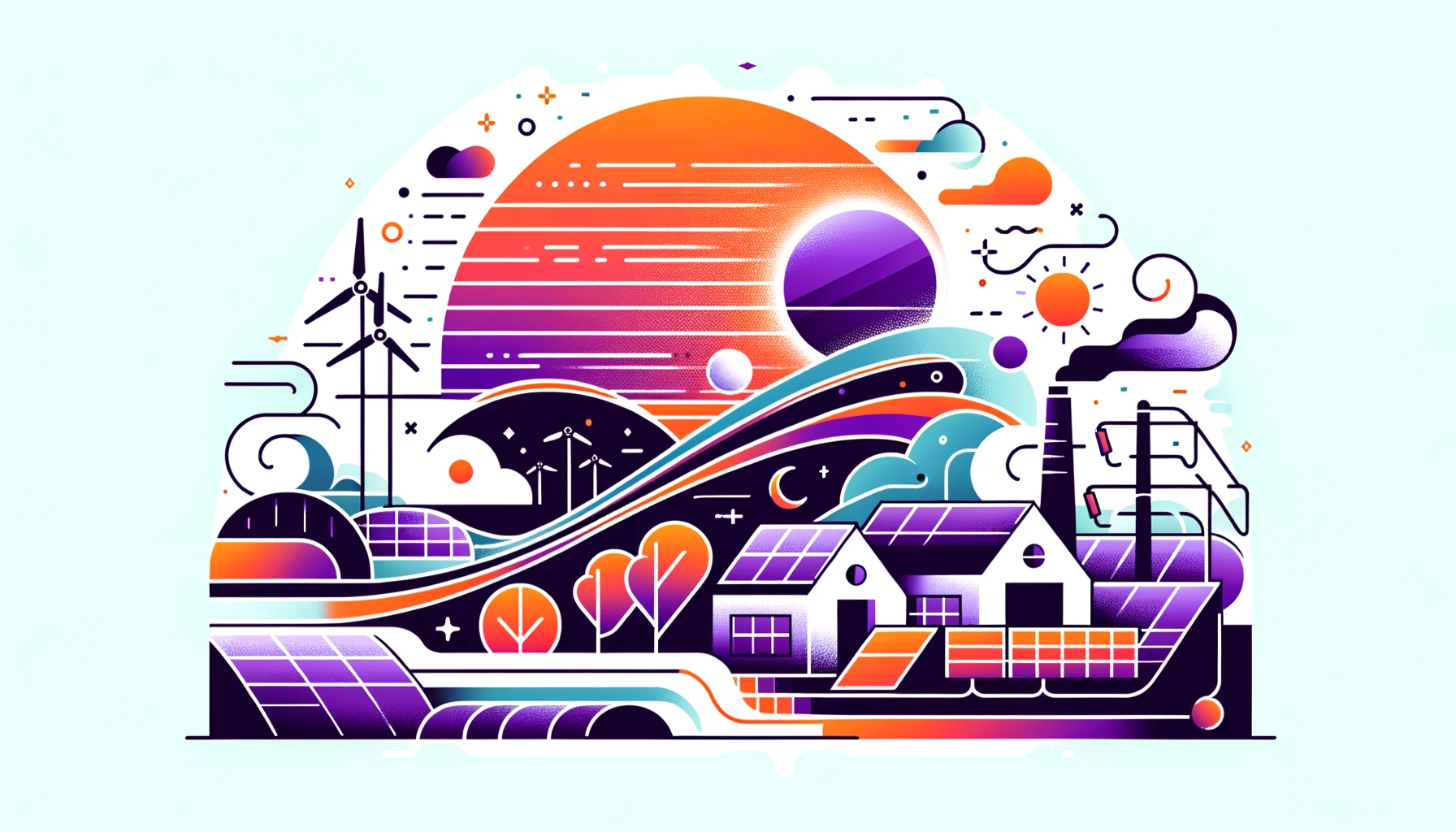
January 23, 2024
Energy One Podcast, Episode 6 - Rhythm Energy and Net Metering with CEO PJ Popovic
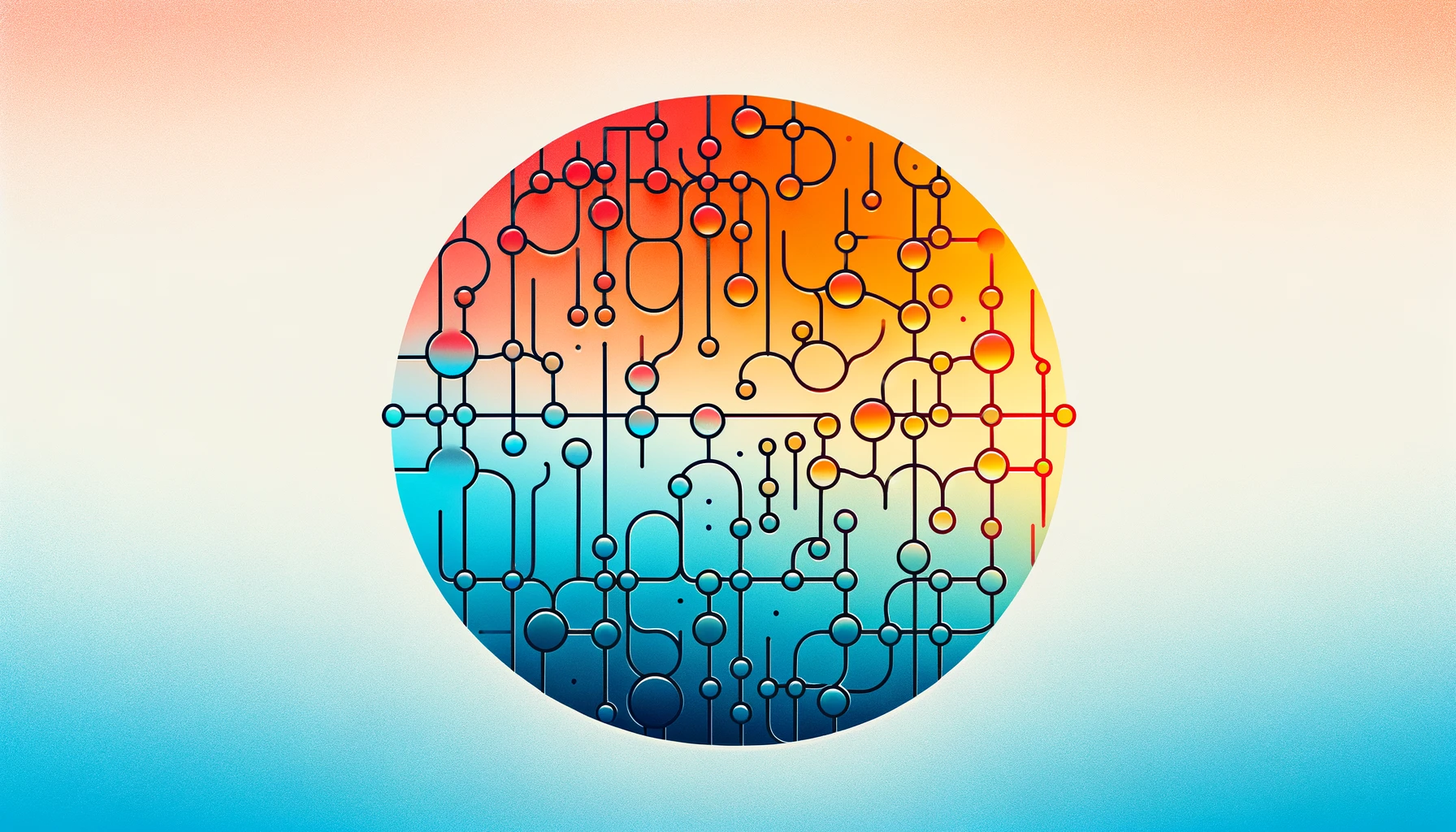
January 3, 2024
Energy One Podcast, Episode 5 - Entrochemistry and Entrochemical Systems with CEO Sanza Kazadi
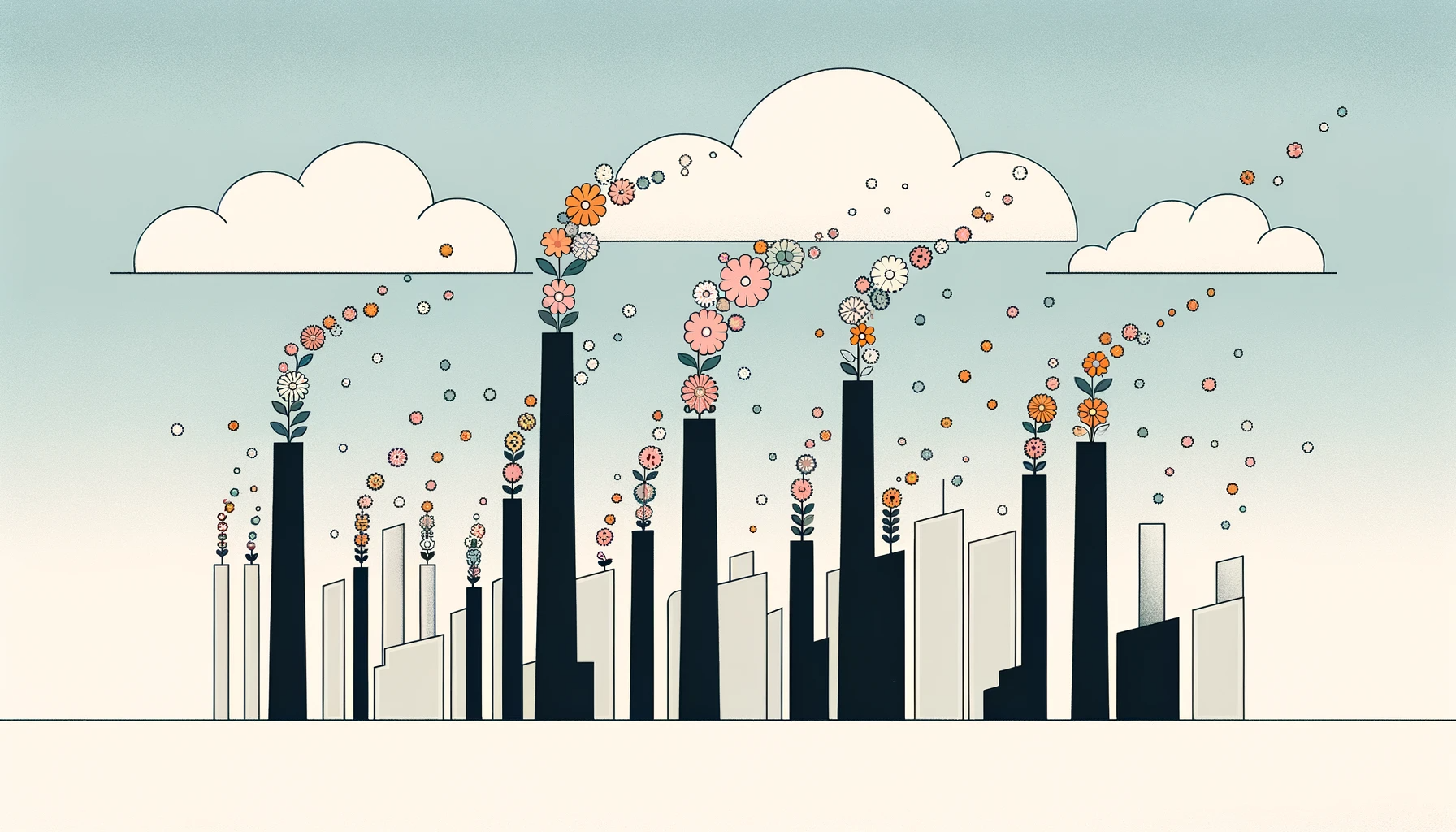
December 22, 2023
Energy One Podcast, Episode 4 - Nitrilation with Mars Materials CEO Aaron Fitzgerald
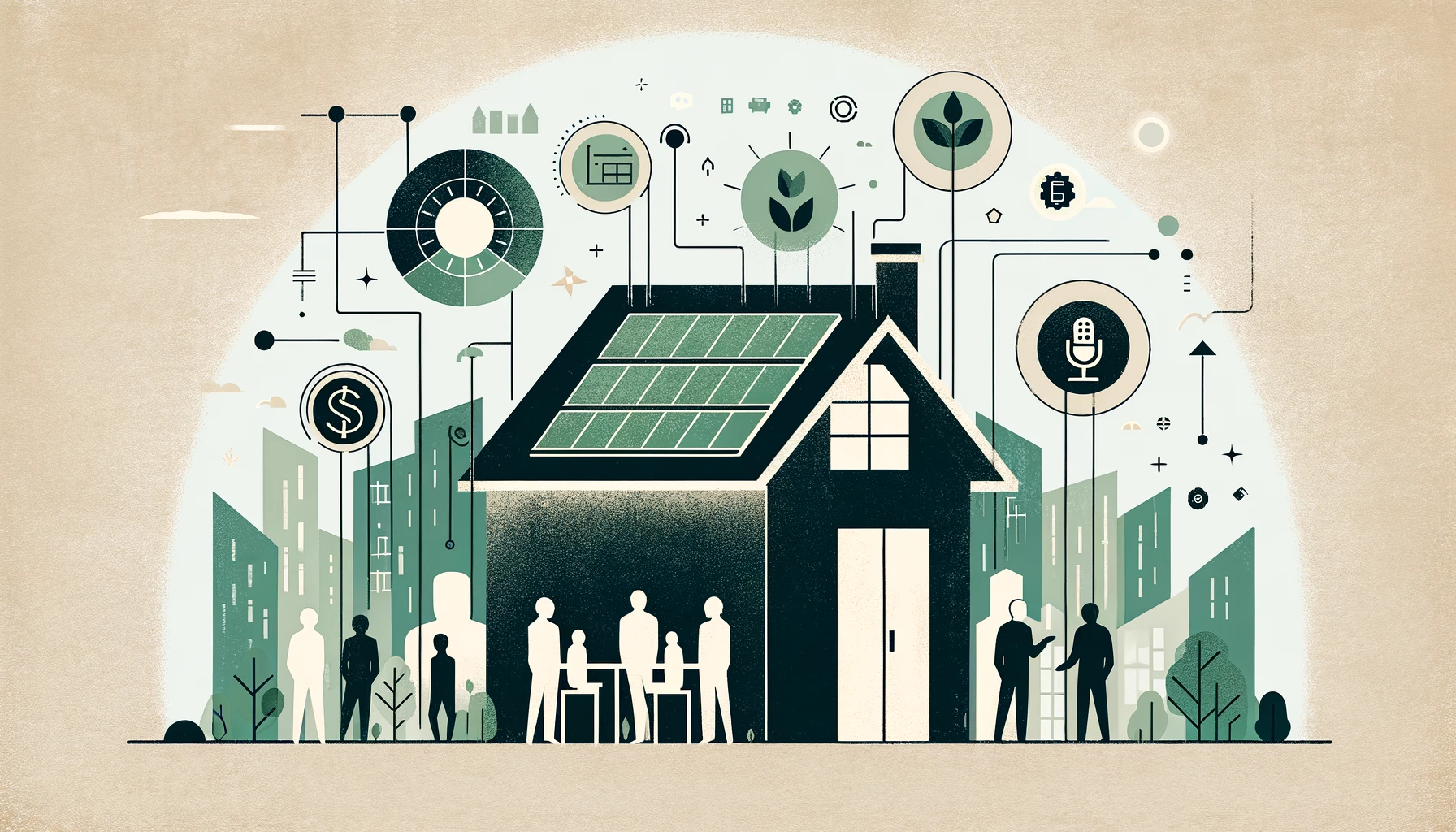
December 5, 2023
Energy One Podcast, Episode 3 - Capital Good Fund with CEO Andy Posner
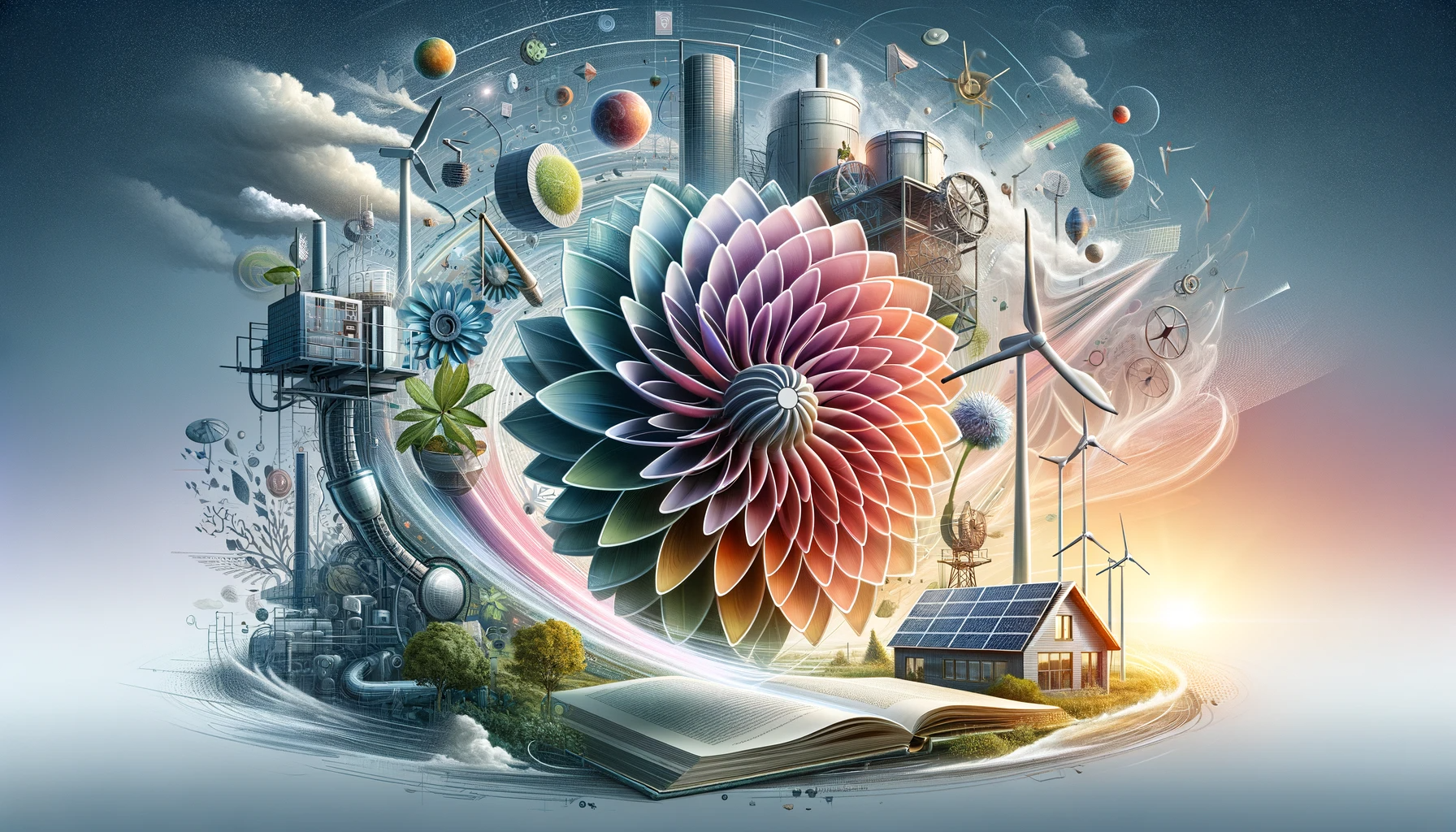
November 21, 2023
Energy One Podcast, Episode 2 - Flower Turbines with Dr. Mark Daniel Farb
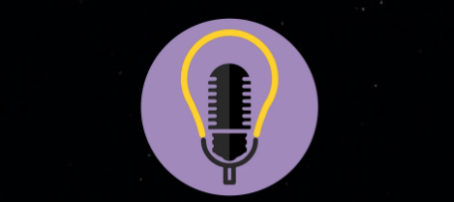
November 2, 2023